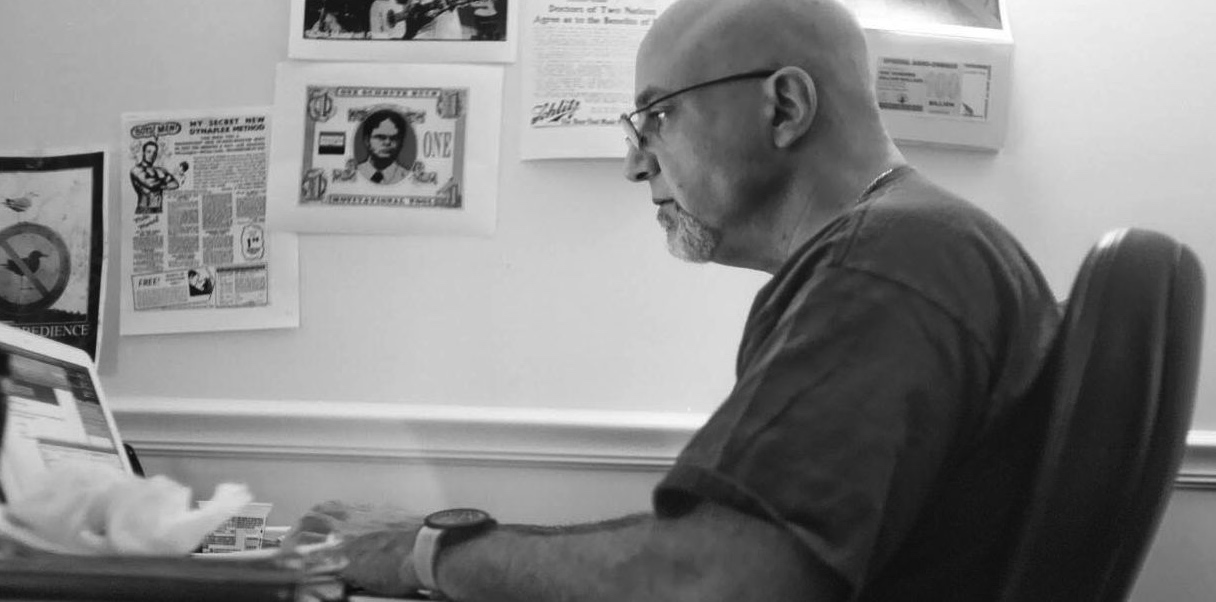Atlas Shrugged – Day 080 – pp. 862-871
“Now tell me,” he asked, “where were you?”
Can’t tell you. Don’t know. Couldn’t’ find it if I wanted.
“Who is he?”
“Who is John Galt?”
Ohhhhhhhh!
So there is a John Galt? And he’s the inventor of the motor? And they’re all alive and living somewhere?
Yep.
“Hank, could you give up Rearden Steel?”
“No. . . .Not yet.”
What the hell could be left of Rearden Steel? But in any case, they decide they’ll continue on in the fight for as long as they can. (Presumably without the dirty sex.)
“. . .we’ll fight for our world. We’re all that’s left of it.”
Chapter IV — Anti-LIfe
Ah Jimmy Taggart is walking home. He stops and give a beggar a hundred bucks. (“Wow! A hundred!” — Viewers of My Blue Heaven should recognize that reference!)
Jim’s had a busy day.
It started with a small luncheon where the coming nationalization of Argentina would be announced. From there it moved to a cocktail party where loans of $4 billion were promised to the People’s Republics of Argentina and Chile. Then to a shin-dig he hosted for the Interneighborly Amity and Development Corporation — of which Orren Boyle was president — that was receiving a 20-year managerial lease on all the industrial properties of the Peoples States of the southern hemisphere. And finally to a dinner reception where it was announced that on September 2, d’Anconia Copper would be nationalized by the Peoples State of Chile.
Not a bad day’s work.
But as he’s walking home, Rand further confuses me as to his real motivations.
He should be happy. Money was his motive and now he’s going to be rich, rich, rich. But now, money means nothing to him any longer.
“Now he was hit by the chill realization that, in fact, he had never been a hypocrite in full truth, he had never cared for money.”
That’s a complex character. Someone who pretends to abhor personal wealth, while subverting industry to plunder its riches, only coming to the realization it wasn’t money he was after in the first place.
I can see that being a helluva realization.
He arrives home to find Cherryl. Things have changed.
She’s no longer the naive, innocent shop girl he first met.
“It was her poise that irritated him most; she was no longer an incongruous little freak, dwarfed by the luxury of the residence which a famous artist had designed; she matched it. . . .the awe, the admiration, the eager curiosity he had expected, belonged to the face of the little shopgirl who had ceased to exist.”
How was your day dear?
Jim goes on to explain — in politically obtuse terms — his conquests of the day. That he’ll be running all the industry in the southern hemisphere bringing wealth and prosperity to those poor folk down there who never had a chance.
She’s not impressed.
He takes some offense.
“… if you’re so damn anxious to hide that you came from the slums, you ought be less indifferent to the philosophy of social welfare.”
That line ain’t working anymore.
“I’ve never tried to hide that I came from the slums . . .And I haven’t any sympathy for that welfare philosophy. I’ve seen enough of them to know what makes the kind of poor who want something for nothing… You don’t care about any of that welfare hogwash.”
Oooh – and she’s on to him.
He offers her anything she wants.
She doesn’t want anything.
Then she mentions the government’s unmistakable lack of denial of Dagny’s charges from the month before.
Bertram Scudder was taken off the air.
“They did not deny the things she said, they did not explain, they did not try to justify themselves. They acted as if she had never spoken. I think they’re hoping that people will forget it.”
Oh, yeah. So like the G. . .
